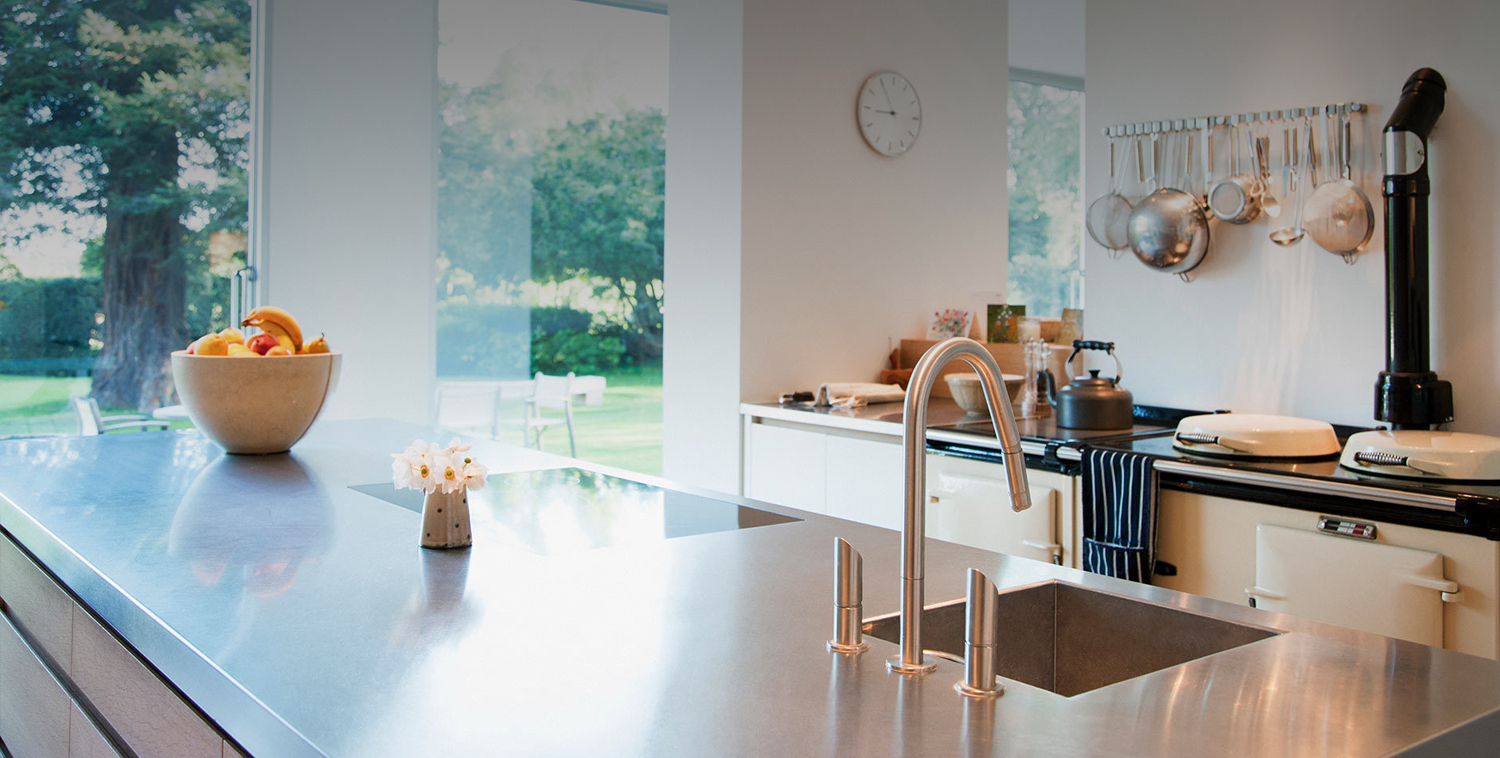What You Need to Know About Remodeling Historic Homes
Introduction
When you have an old house, there are many things to consider before embarking on a renovation project. The National Park Service requires that a certified historic architect or engineer sign off on any work done on the home. Your local preservation board can help you with questions on how to preserve the history of your home. Narrow down what you want to do first and focus on that before moving onto other projects; otherwise, it can be overwhelming! If you’re thinking about doing some work yourself, make sure you have all your tools ready ahead of time and that someone at least knows what they’re doing when working near power lines or gas lines (or both!). Also keep in mind: an older house will cost more money than a new one would because there is more wear and tear over time (and less modern conveniences). In short: You can save money by doing things yourself but be careful because your safety is at risk if you don’t know what you’re doing!
The National Park Service requires that a certified historic architect or engineer sign off on any work done on the home.
The National Park Service requires that a certified historic architect or engineer sign off on any work done on the home. This helps ensure that you’re preserving your house’s history, but it can also be a hassle to find one and get them to sign off on things like painting or replacing windows. The National Park Service has resources available for homeowners who want to do this right, including help with finding someone who specializes in historic preservation as well as tips for getting started with restoration projects.
Narrow down what you want to do, and focus on that first.
When you’re deciding what to do with your home and how much money to invest, it’s important to pick a few things that will make the biggest impact on its value. You don’t want to try doing everything at once–it’s better for your budget and for your sanity if you take it one step at a time.
If possible, hire professionals who know what they’re doing and have experience working on historic buildings like yours. If this isn’t an option (or even if it is), ask friends and family members for help!
If you have an old house, it will cost more to fix up than if it were a new one.
Old houses are more likely to have problems with mold and mildew, which can lead to costly repairs. A leaky roof or a broken window can also lead to water damage in an older home. In addition, older homes use more energy than newer ones do because they were built before insulation standards were as high as they are now (and because those standards have changed over time).
If you’re thinking about buying an old house and fixing it up yourself but don’t want the hassle of learning how everything works under the hood of your new vehicle–or if you just want someone else who knows what they’re doing when it comes time for repairs–hire a contractor!
Make sure you have a plan for getting rid of old items in your cabinets and drawers, because it’s not easy to just toss things when renovating an old house.
When renovating an old house, you have to be careful about what you throw away. While it’s tempting to just throw everything out, many items can be recycled or donated. For example:
- Old paint: If the paint has dried up and hardened, it can be disposed of with regular trash. But if there’s still some liquid left in the can (or even just some dust), this is considered hazardous waste and should be taken to a hazardous materials collection site for disposal–you won’t find these at every grocery store or hardware store!
- Cleaning products: Most cleaning products are safe for disposal but check the label carefully before throwing anything away; if there are any ingredients on it that could cause harm if ingested or inhaled by humans or animals (for example bleach), then those bottles need special handling before being thrown away!
- Batteries: Many people don’t know this but all batteries contain toxic elements like lead which makes them dangerous when they’re improperly discarded so make sure that when your rechargeable batteries run down completely please remember not only replace them but also recycle them properly by taking them back into one of our stores where we’ll take care of everything else involved with this process ourselves so all our customers ever have worry about again is enjoying life while using only high quality products from our company instead!
You can save money by doing things yourself but be careful because your safety is at risk if you don’t know what you’re doing!
There are many benefits to doing the work yourself. You can save money, learn new skills, and feel a sense of pride in your home. However, it’s important that you take all of the necessary precautions when working on an old house because they can be dangerous if not done properly.
If you’re not sure what kind of materials or tools are needed for your project, ask questions! Ask friends who have experience renovating homes like yours; ask local contractors; check out books on Amazon or at your local library; read blogs written by people who have renovated historic houses (like this one). Take advantage of all available resources so that when it comes time to make decisions about how best to proceed with a particular project–whether DIY or hiring someone else–you know exactly what needs doing before starting any work whatsoever.”
Conclusion
If you’re thinking about remodeling your historic home, there are a number of things you need to consider. It’s important that you understand all the regulations before starting any work so that your project will be successful and not get delayed by mistakes made along the way. You should also make sure that there is enough money available for everything from new appliances to fixing up old furniture pieces–and this may mean saving up over time before starting anything big! If possible, try doing some projects yourself instead of hiring someone else; however keep in mind that this could put yourself at risk if not done correctly since these types of projects require special skillsets.”




